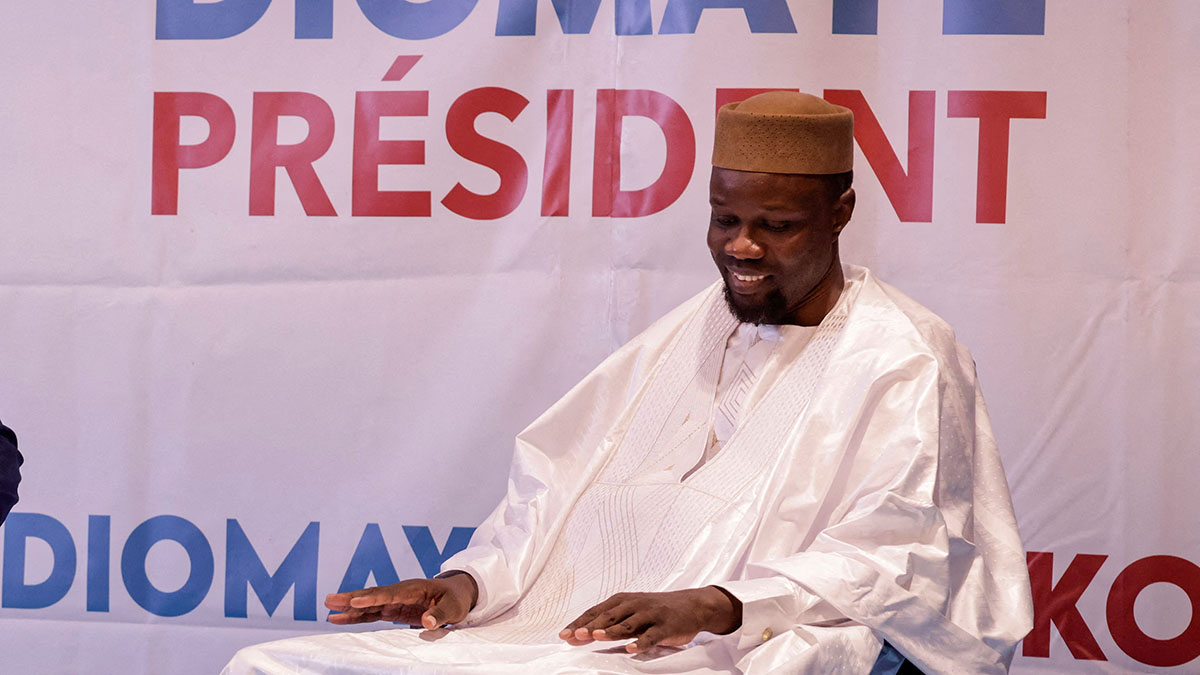In the heart of West Africa lies Senegal, a country with a unique story amidst the shadows of its colonial past. Once a French colony like many in the region, Senegal defies the stereotypes often associated with former colonies – instability, poverty and military rule. Instead, it stands as a beacon of stability and democracy, navigating through political challenges with resilience and determination.
The recent events leading up to Senegal’s upcoming presidential election highlight this resilience. The nation faced a potential political crisis when its outgoing president, Macky Sall, attempted to extend his rule beyond his mandated two terms. Sall’s actions, including postponing elections and imprisoning opposition leaders, sparked outrage among the Senegalese people and threatened the democratic process.
Courts defend democracy
However, Senegal’s institutions, particularly its courts, stood firm in defence of democracy. They swiftly deemed Sall’s attempts to postpone elections illegal and mandated their immediate rescheduling. This decision not only upheld the rule of law but also served as a testament to the strength of Senegal’s democratic institutions.
The people of Senegal played a crucial role in safeguarding democracy. Faced with attempts to undermine their rights, they took to the streets in peaceful protest, demanding justice and accountability. Their perseverance and unity in the face of adversity demonstrated a deep commitment to democratic principles.
Rise of Ousmane Sonko
Central to this story is the figure of Ousmane Sonko, a prominent opposition leader known for his anti-establishment stance and unconventional policies. Sonko’s popularity, particularly among Senegal’s youth, poses a significant challenge to the status quo. Despite facing legal obstacles that barred him from running for president, Sonko mobilised his supporters behind a proxy candidate, Bassirou Diomaye Faye, signalling a potential shift in Senegal’s political landscape.
“We continue to be demanding towards those who organize the election. That is why I say the president is responsible…his departure will not be easy. If he wants to render one last service to his country before leaving, he should ensure that these elections go smoothly and are transparent,” said Senegal opposition leader Ousmane Sonko.
Impact Shorts
More ShortsSonko’s platform, which advocates for economic reform and the rejection of colonial-era currencies, resonates with many Senegalese disillusioned with the existing system. His message of self-respect and economic empowerment strikes a chord in a country where a significant portion of the population is young and eager for change.
Senegal set for polls
As Senegal prepares to cast its votes, the outcome remains uncertain. While Sall’s chosen successor, former prime minister Amadou Ba, may seek to continue his legacy, the winds of change are palpable. Regardless of the election results, the true winners are the people of Senegal, who have reaffirmed their commitment to democracy and shown that even in the face of adversity, the spirit of resilience and hope prevails.
Senegal’s journey towards democracy is far from over, but its story serves as an inspiration to nations across the continent and beyond. In a region often plagued by instability and authoritarianism, Senegal stands as a testament to the power of perseverance, unity and the unwavering pursuit of democratic ideals.
Views expressed in the above piece are personal and solely that of the author. They do not necessarily reflect Firstpost’s views.
)